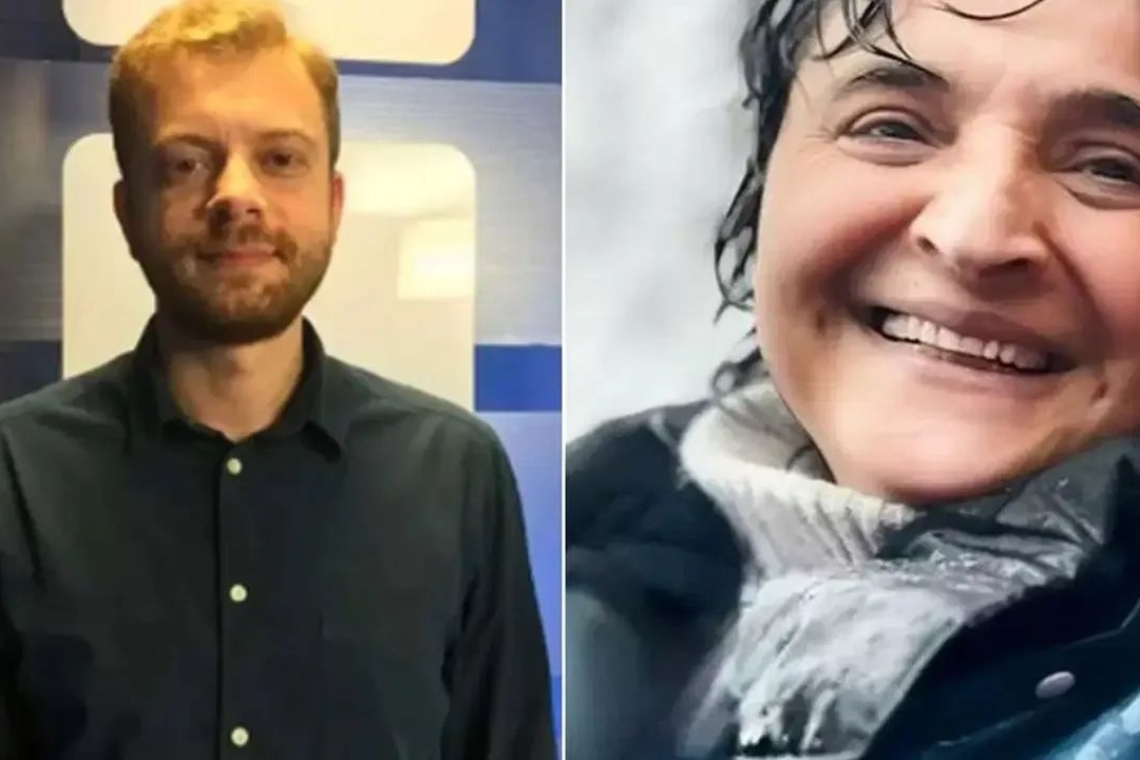Semra Pelek
A Turkish court has ordered the release of three individuals who had been held in pre-trial detention for 57 days over social media posts protesting the appointment of a trustee to the Istanbul provincial branch of Turkey’s main opposition party, the Republican People’s Party (CHP). The case, which includes 20 defendants in total—among them journalist Fatoş Erdoğan—opened with its first hearing at Istanbul’s 9th Criminal Court of First Instance.
The court ruled for the release of Abdullah Esin, Nur Betül Aras and Ömer Faruk Mangaltepe, all of whom had been jailed pending trial. The three were released under an international travel ban. Defense lawyers and defendants argued that the indictment had been copied and pasted from an unrelated case, prompting the court to request a supplementary indictment due to inconsistencies between the charges and the evidence.
The trial stems from a series of social media posts made in protest of the government's appointment of a trustee to replace the elected leadership of the CHP’s Istanbul branch—a move critics have said undermines democratic norms in Turkey. The 20 defendants are charged with “openly inciting others to commit a crime,” a charge often used by Turkish authorities to target dissent online.
CHP Istanbul Provincial Chair Özgür Çelik and lawyers from the party’s legal team attended the hearing. Academic Emrah Gülsunar, who is detained in connection with another case, joined the proceedings via video link.
Accusations of copy-pasted indictment
Defendants and their lawyers argued that the indictment lacked legal coherence. Gülsunar said references in the document to a “Cold War Program” and “attacks on religious values” had no relevance to his posts, asking, “What do these statements have to do with what I posted?”
Lawyer Muhammed Mesut Yıldız echoed this claim, stating: “What does this Cold War Program have to do with this file? This indictment has been copied and pasted from another case.”
Legality of “virtual patrol” questioned
The defense also raised concerns about the use of “virtual patrols”—a form of online surveillance used by Turkish authorities. Elif Ertürk’s lawyer argued that the Constitutional Court had annulled the legal basis for the practice in a February 19, 2020 decision, rendering the evidence gathered through it unlawful.
Journalist: I quoted others, did my job
Journalist Fatoş Erdoğan defended her posts, saying she was merely reporting on the protests and quoting video and statements from demonstrators. “These remarks aren’t mine, yet I’m being prosecuted for them. I was doing my job as a journalist,” she said.
Erdoğan also submitted photos showing bruises she said were caused by being hit with plastic bullets during the protests. “Am I really the one who should be on trial here?” she asked.
Defendants say arrests politically motivated
Defendant Nur Betül Aras said her arrest was justified on grounds of “insulting the president,” yet that accusation was not mentioned in the indictment. “I have a 9-year-old child with Mediterranean anemia. I was given custody, but due to this arbitrary detention, I had to leave my child with her father and grandmother,” Aras said. “This arrest wasn’t necessary. People like me are being detained to send a message. It’s not just me who’s being punished—my child is too.”
She added that her home was raided at dawn over two tweets critical of the trustee appointment. “It was as if I had a bomb at home. These tweets contain political criticism. I don’t incite anyone to commit a crime. I criticize an unspecified subject.”
Ömer Faruk Mangaltepe said his detention was jeopardizing his job, where he works as an assistant manager. His lawyer noted that the tweet in question had been deleted, possibly by cyber police, questioning the legality of such action. “Does cyber police have this authority? And who exactly was my client inciting with a tweet from an anonymous account with only 26 followers?”
Emrah Gülsunar added, “This indictment has nothing to do with me. It talks constantly about religious values and virtual patrols. It was taken from another case. In what democratic country is a political scientist arrested and jailed for political commentary?”
Prosecutor defends detention, court rules otherwise
After hearing the defense arguments, the prosecutor requested that the Istanbul Chief Public Prosecutor’s Office prepare a supplementary indictment, citing inconsistencies between the charges and the contents of the case file. He also argued for continued detention of the jailed defendants and ongoing judicial control measures for those released.
Defense lawyers strongly opposed this, insisting the original indictment should never have been accepted. “Three people have been detained for 57 days due to an incomplete indictment. This case represents a violation of fundamental rights for all defendants,” they said.
Gülsunar also rejected the prosecutor’s stance, saying, “Are these people here responsible for the prosecutor’s inability to draft a proper indictment? Is this justice? The prosecutor’s job is to write a clear and accurate indictment. Saying ‘We’ll review it again, you stay detained’ isn’t justice.”
Release ordered, next hearing set for January
The court ordered the release of the three jailed defendants under an international travel ban and lifted signature-reporting obligations for the other defendants. It also decided to write to the Ministry of Justice to request permission for the prosecution of lawyer Muhammed Mesut Yıldız, and asked the Istanbul Chief Public Prosecutor’s Office to prepare a supplementary indictment.
The next hearing is scheduled for Jan. 28, 2026.



